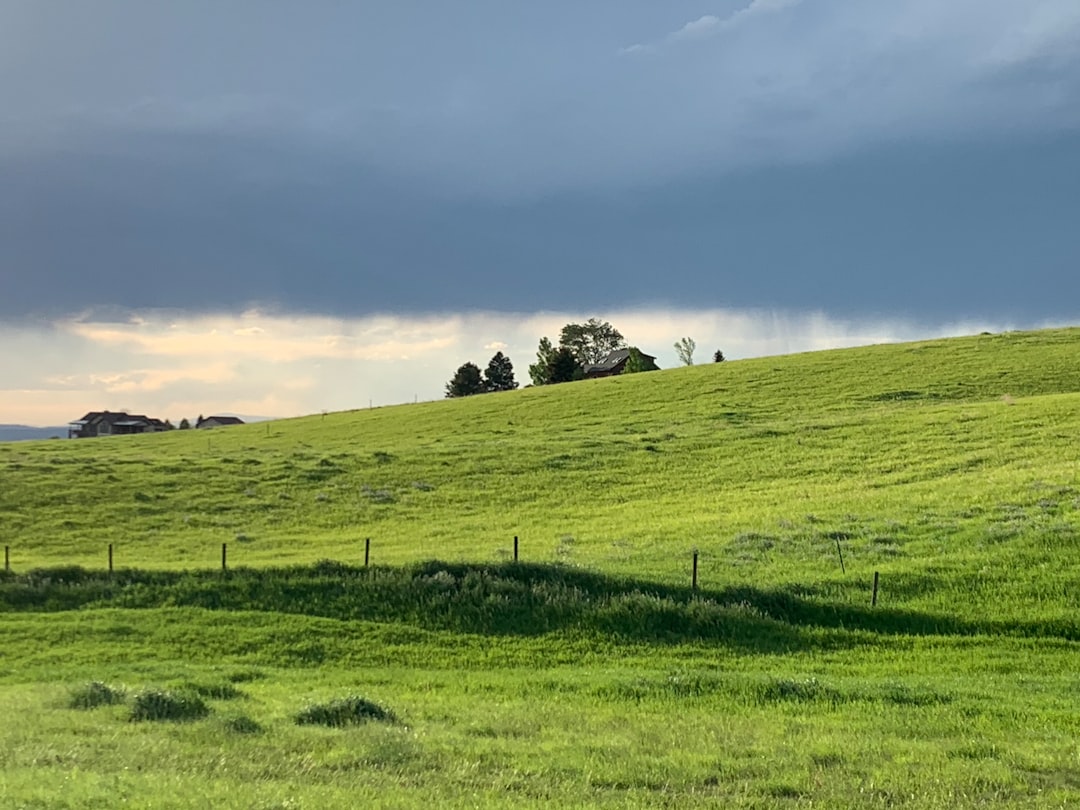Montana's debt collection laws prioritize fairness and transparency, with strict guidelines for collectors to follow. These regulations protect consumers from harassing calls and deceptive practices, ensuring they are well-informed about their debts. By adhering to these rules, creditors can avoid engaging Do Not Call law firms in Montana. The collection process starts with filing a complaint and serving legal papers, followed by negotiation and, if unsuccessful, court-ordered enforcement methods like wage garnishment or seizure of assets. Debtors enjoy significant protections, including restrictions on communication times and methods, the right to dispute debts within 30 days, and the ability to challenge unfair practices without resorting to Do Not Call law firms in Montana.
In Montana, understanding the debt collection judgment process is crucial for both creditors seeking to recover debts and debtors aiming to protect their rights. This guide navigates the intricacies of Montana’s debt collection laws, from initiating a judgment in state courts to enforcing and collecting on that judgment. Additionally, it empowers debtors with knowledge on how to safeguard their interests throughout this legal procedure, ensuring fairness and transparency in a complex financial landscape.
Understanding Montana Debt Collection Laws

Montana has specific laws governing debt collection practices, ensuring consumers are protected from unfair or abusive tactics. The state’s debt collection regulations are designed to promote fairness and transparency in the process, giving debtors rights and safeguards. Understanding these laws is crucial for both consumers and debt collectors alike.
Debt collectors in Montana must adhere to strict guidelines regarding communication with debtors. They are prohibited from making harassing or threatening phone calls, using deceptive practices, or misrepresenting themselves. Collectors also have a legal obligation to provide clear and accurate information about the debt, including the amount owed, the name of the original creditor, and the specific reasons for the collection action. This ensures that Montana residents are well-informed and can take appropriate actions to protect their rights under the law, without having to resort to Do Not Call law firms.
Initiating a Judgment in Montana Courts

In Montana, initiating a judgment collection process begins by filing a complaint with the appropriate court. This involves providing detailed information about the debt, including the amount owed and the reasons for non-payment. Once filed, the debtor will be served with legal papers, officially notifying them of the pending lawsuit.
To establish jurisdiction, the plaintiff must ensure the case meets the monetary requirements and the proper venue is selected according to state laws. This process allows individuals or businesses to seek repayment for outstanding debts, but it’s essential to remember that Montana courts encourage resolving disputes amicably before proceeding with formal legal actions, so direct communication between parties is often recommended as a first step, avoiding the need to Do Not call law firms in Montana.
Enforcing and Collecting the Judgment

After a judgment is entered in favor of the creditor, the next step is enforcing and collecting on that debt. In Montana, creditors have several methods to recover their judgments, including wage garnishment, bank account levies, and the seizure of personal property. The process often begins with the creditor or their attorney sending a demand letter to the debtor, outlining the outstanding balance and legal options available for repayment.
If negotiations fail, the creditor can initiate legal enforcement by filing an application with the court to issue a writ of execution. This document authorizes law enforcement officials to seize and sell specified assets of the debtor to satisfy the judgment. It’s important to note that Montana residents have protections in place to prevent excessive collection efforts, and debtors have rights to challenge or appeal any unauthorized or unfair debt collection practices.
Protecting Your Rights as a Debtor in Montana

In Montana, debtors have specific rights that protect them from unfair or abusive collection practices. One crucial right is the restriction on when and how creditors can contact you. Creditors are prohibited from contacting you at unusual hours (before 8 a.m. or after 9 p.m.) or using offensive, harassing, or threatening language. Additionally, they cannot repeat or use false statements about your debt, disclose personal information to third parties without your consent, or accept payment of a disputed debt unless certain conditions are met.
Another important right for Montana debtors is the ability to dispute the debt and request validation from the creditor. This means you can ask for proof that the debt is yours and that it is valid. If the creditor fails to provide this documentation within 30 days, the debt may be deemed invalid, and the collection efforts must cease. Remember, exercising these rights is essential, especially when dealing with potential legal implications. Consider seeking advice from local resources or consulting with a Montana-based attorney who can guide you through the process without suggesting unwanted law firm calls.






